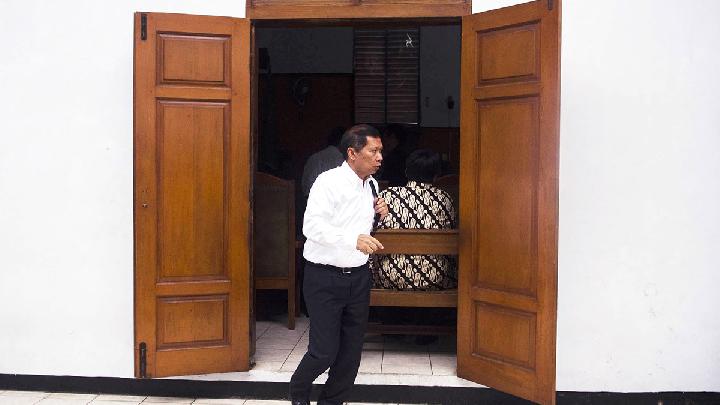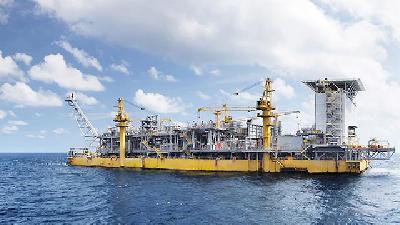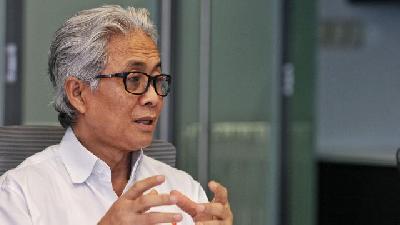Two Cases, One Suspect
Monday, February 15, 2021
The Attorney General’s Office is investigating a new case against former Pelindo II CEO Richard Joost Lino. His old case in the Corruption Eradication Commission remains unresolved.
arsip tempo : 171415366873.

CARRYING a cellular phone, a laptop, and a stack of documents, Richard Joost Lino came to the Attorney General’s Office (AGO) in Jakarta in mid-November last year. The former chief executive officer (CEO) of Pelabuhan Indonesia (Pelindo) II from 2009-2015 was summoned for a questioning in connection with a case of suspected corruption involving a contract extension for management of the Jakarta International Container Terminal (JICT) at Tan
...
Subscribe to continue reading.
We craft news with stories.
 For the benefits of subscribing to Digital Tempo, See More
For the benefits of subscribing to Digital Tempo, See More











